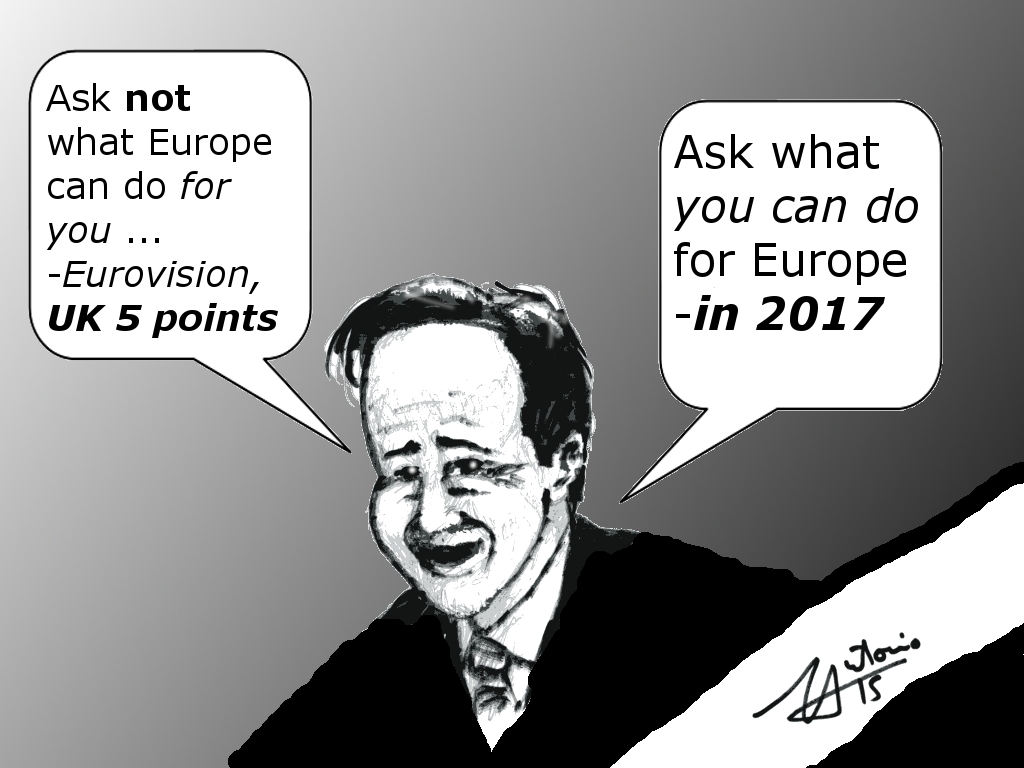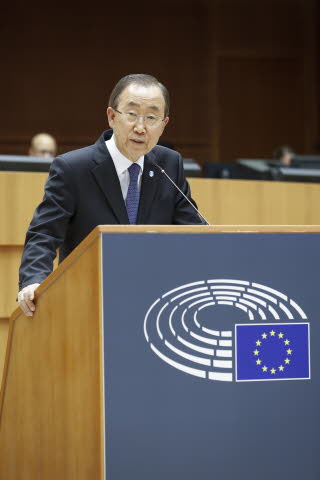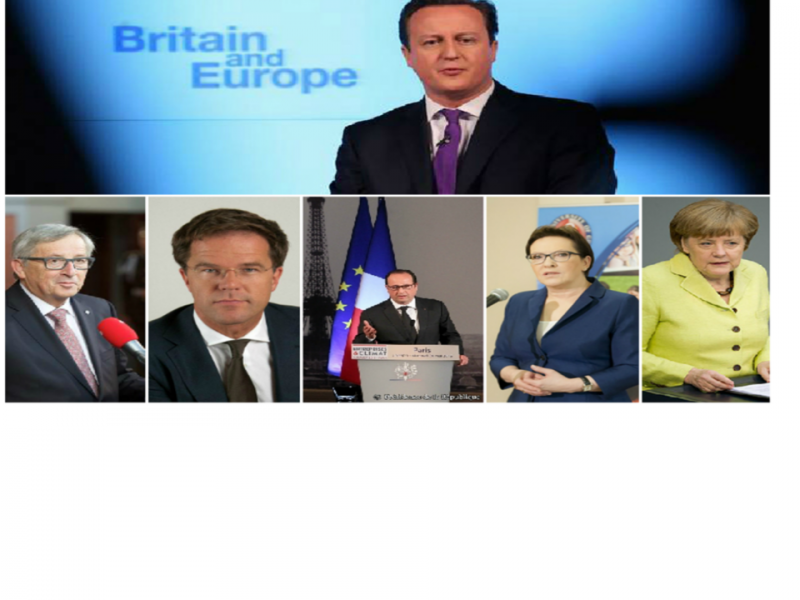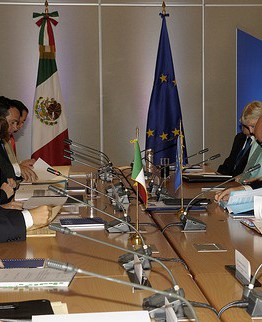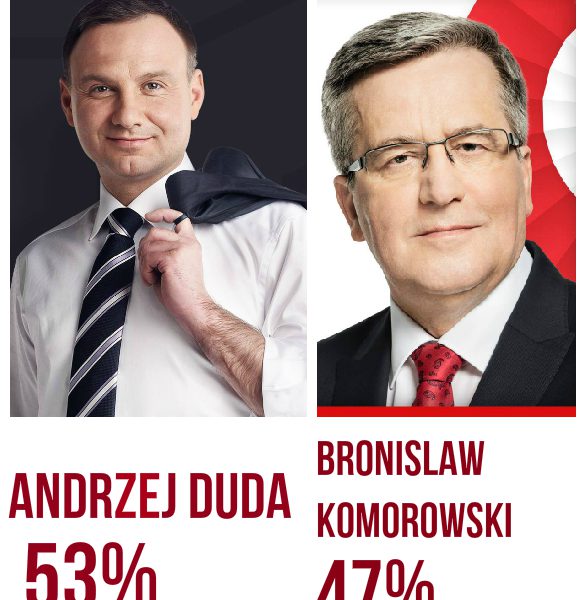Articles by Katoikos World
The editorial team of Katoikos
Ban Ki-moon addresses European Parliament
Full speech by the UN Secretary General Ban Ki-moon. I am honoured to address the representatives of the people of Europe. I congratulate President Schulz for receiving the prestigious Charlemagne Prize this month for his work to promote democracy and to bring the European Parliament closer to the people it serves. This parliament represents a…
Cameron consults on UK in the EU
After his meeting with EU Commission President Jean-Claude Juncker on 25 May, UK Prime Minister David Cameron will soon be taking his show on the road with plans to meet German Chancellor Angela Merkel and French President François Hollande, among others, concerning the future of Britain’s EU membership. The discussion will revolve around British demands to renegotiate the Lisbon Treaty as a…
Challenges and opportunities for EU-Mexico trade relations
By Evelyn Luz Acevedo Bravo
In early May, the renowned Brussels think tank CEPS (Centre for European Policy Studies), in collaboration with the bank BBVA, organised a meeting among high-level representatives from the EU and Mexico aiming to provide an overall review of the EU-Mexico trade relationship. The conference highlighted and discussed new opportunities, in light of progress and advances made by both, to revisit and enhance the EU-Mexico Free Trade Agreement so that each party is better served and may prosper to an even greater extent.
What does the emergence of Podemos in Spain mean?
Candidates supported by this party but running under different banners (mainly popular formations that work somehow independently in each municipality) are likely to govern Madrid and Barcelona, the two most important cities. Historically, whenever a major shift in politics has taken place nationwide, it has begun in these two cities. Additionally, Podemos is likely to be instrumental in establishing governments in many autonomous regions -in which it competed with this name.
Change of Paradigm? or what is at stake in Spain´s local elections
This Sunday Spain goes to the polls. Municipal councils and the governments of most of Spain´s autonomous regions (not Catalonia and the Basque Country, though, which hold their regional elections on different dates) are up for grabs. Beyond the local impact, what everybody is watching for in these elections is the likely redistribution of Spain´s nationwide political preferences, in anticipation of the general election due before the end of 2015. A political earthquake may be in the making with long-lasting consequences for Spain, and for Spain´s input into the European integration process.
ECB: Do as I say, not as I do…
On 18 March 2015 the European Central Bank inaugurated its new, glittering headquarters building in Frankfurt, at a cost of €1.3 billion. Taking issue with this significant expense at a time of austerity policies around Europe, and the fact that the original budget for the building had been set at €500 million, a Member of the European Parliament submitted a question to the ECB President, who responded acknowledging significant deviations from the original budget. What would the institutions formerly known as Troika have said if any of these countries had inaugurated premises of such standards recently? Well, in fact this is exactly what has happened.
Moscow, the place to be…
…but only after Victory Day for some Whether attending the Victory Day (9 May) parade or not, numerous world leaders have passed by Moscow in recent days, confirming the country’s global importance in terms of geopolitics and economics. The late arrivals, Ms. Merkel and Mr. Kerry, had to go there in their search for a solution to…

